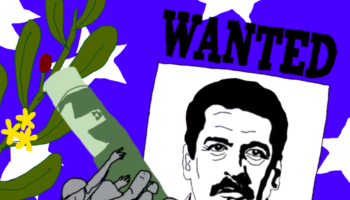
The human rights of drug users have too often been a casualty of the global “war on drugs.” Around the world, harsh national and international drug laws and repressive drug policies are implemented in a manner that makes the violation of drug users’ human rights inevitable. Undue repression of drug users by states not only represents bad human rights practice but also, in the era of HIV and AIDS, is potentially lethal as it drives drug users away from HIV prevention and AIDS treatment and care. Protection of the rights of injection drug users is thus both an urgent public health concern and a human rights imperative.
Injection drug use is a major risk factor for HIV in many parts of the world. Globally, an estimated 10 percent of new HIV infections and about one third of new infections outside of Africa are linked to injection drug use. In the former Soviet Union (fSU) and Eastern Europe alone, there are an estimated 4 million injection drug users, and in many countries of the region more than 70 percent of persons living with HIV are drug users. It is not surprising that this region is home to the world’s fastest-growing AIDS epidemic as HIV can spread at lightning speed through injection. In the United States, about one third of all HIV cases are linked directly or indirectly to injection drug use. In China, injection drug use is estimated to be the most important mode of HIV transmission. In addition to HIV, injection drug users are at high risk of numerous blood-borne diseases, including hepatitis B and C, and of lethal overdose.




